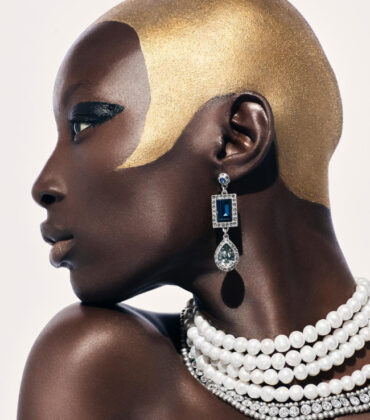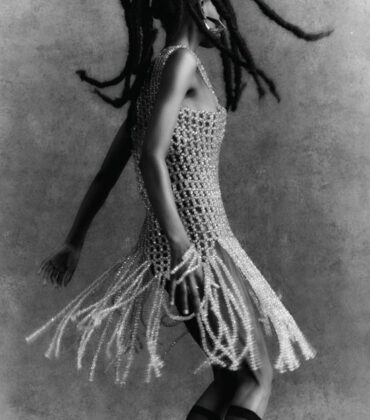
The Navajo Nation has lost two counts in a major lawsuit against Urban Outfitters, on the grounds that the group is not “famous” enough to win a trademark case.
In February of 2012, the Navajo Nation initiated a lawsuit against Urban Outfitters for its repeated use of the term “Navajo” to describe generic, Native American-styled prints featured on merchandise like flasks, socks, underwear and t-shirts.
Since then, the group has been ensnared in an ongoing legal battle with the hipster retailer. In 2015, a New Mexico judge ruled that the case could go forward based on the Indian Arts and Crafts Act, which prohibits the sale of items that appear to be made by a particular tribe, but aren’t. Urban Outfitters countered by claiming that the name Navajo is a “generic term” like “lite beer.” The fashion giant’s legal team also argued that use of names like Navajo serve “as indicators of a fashion style or trend.”
Several early rulings in the Navajo Nation’s favor seemed indicate that the group would likely emerge victorious. In 2015, 3 years after the lawsuit was first initiated, a judge ruled that the Nation could move forward with their case.
The Navajo Nation is seeking revenue from products that were sold by Urban Outfitters going back to 2008, meaning that millions of dollars are at stake. The lawsuit was filed after a group brought the items to the Nation’s attention in 2011.
The recent loss is a major blow to the Navajo Nation’s case, but 6 counts are still pending.
In addition to invoking the Indian Arts and Crafts act, the Navajo Nation holds ten trademarks that cover a range of items.
Hey. What’s That in the Background? A Prop? A Tree? Nope. Just Some Maasai.
Valentino’s dreams of Africa are definitely raising some eyebrows. Last fall, the brand sent a mostly white cast of models down the runway in cornrows for an African-inspired Spring/Summer 2016 collection. The choice, naturally drew sharp criticism.. Come ad season, Valentino is out of Africa again, this time in a Maasai village in Kenya’s Amboseli National Park.




